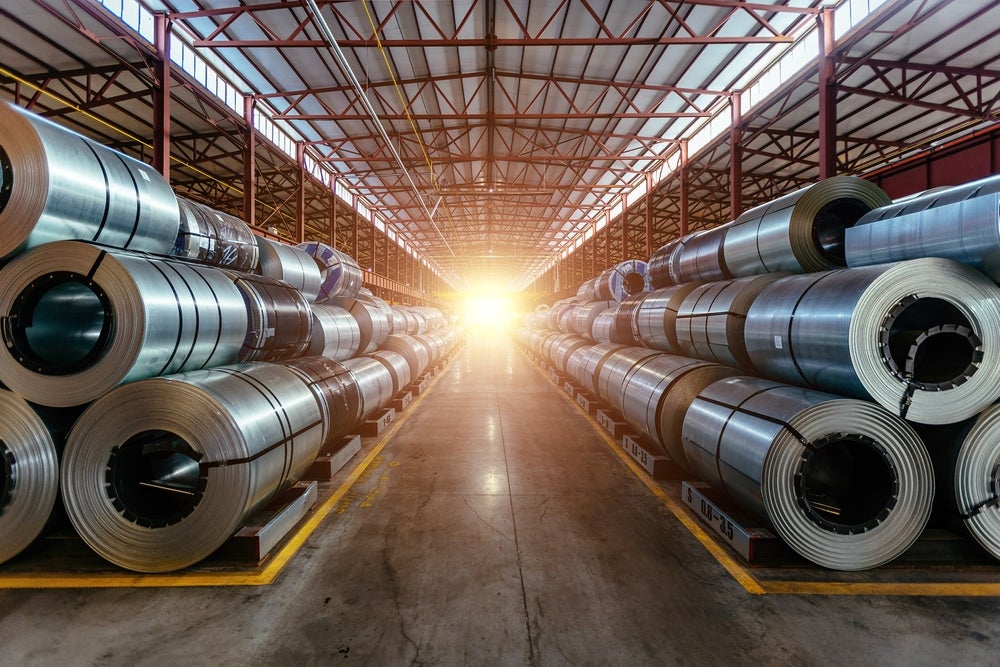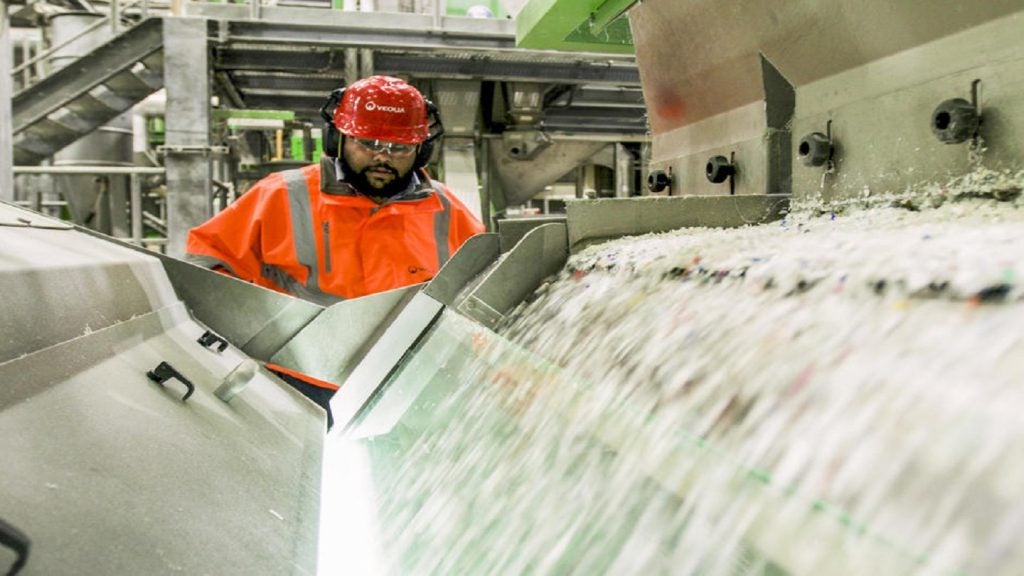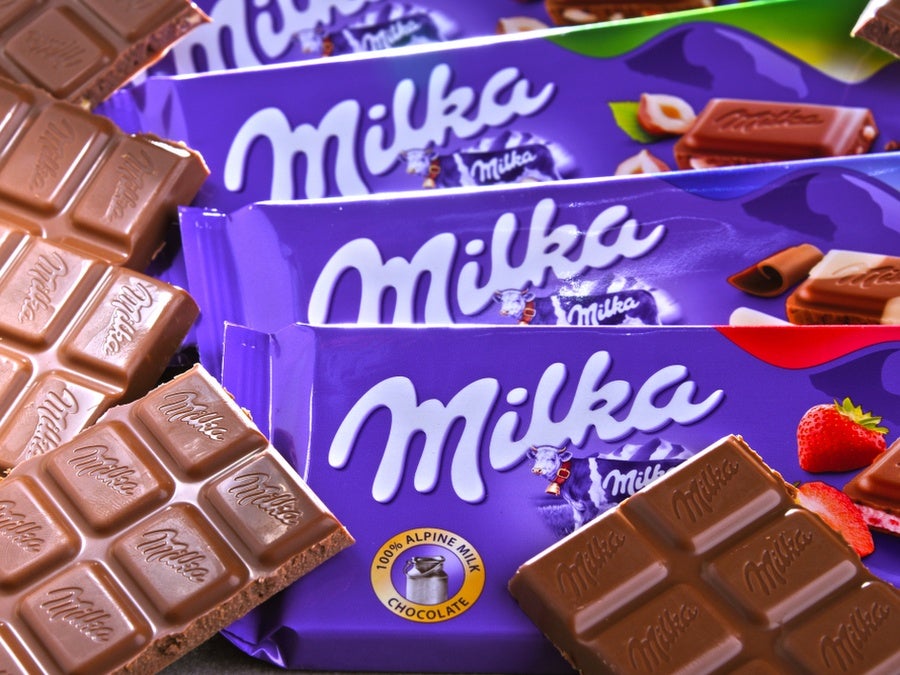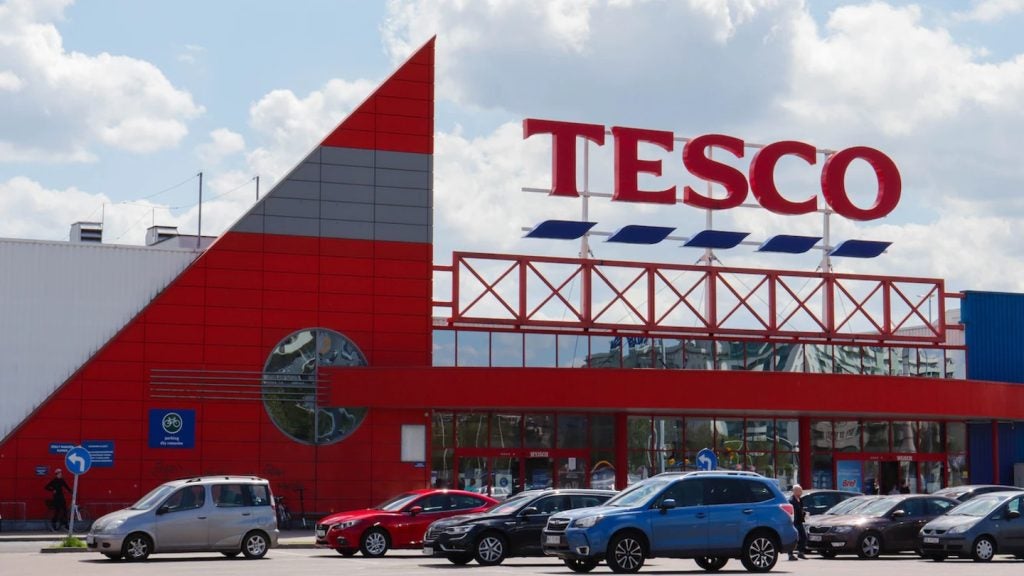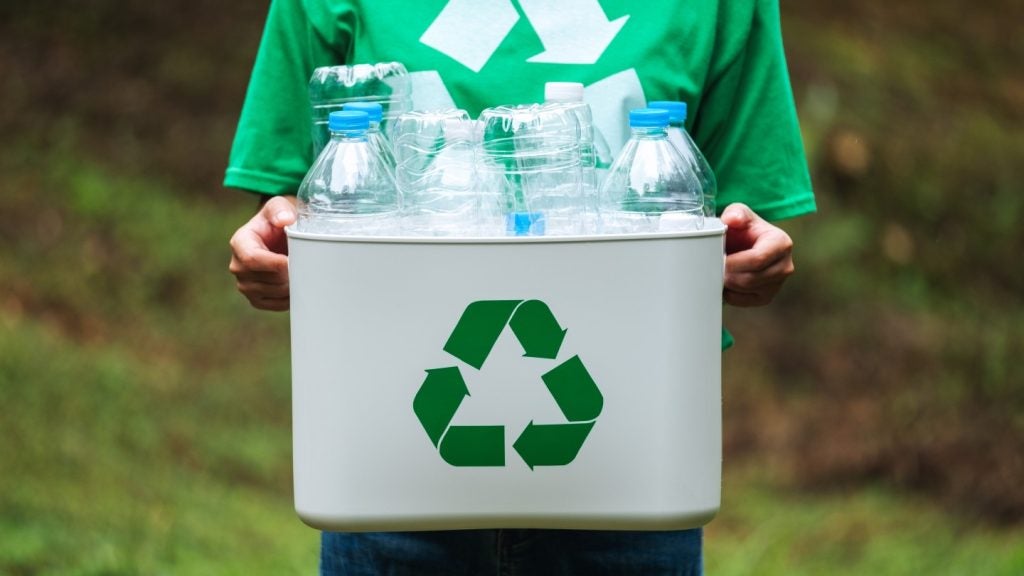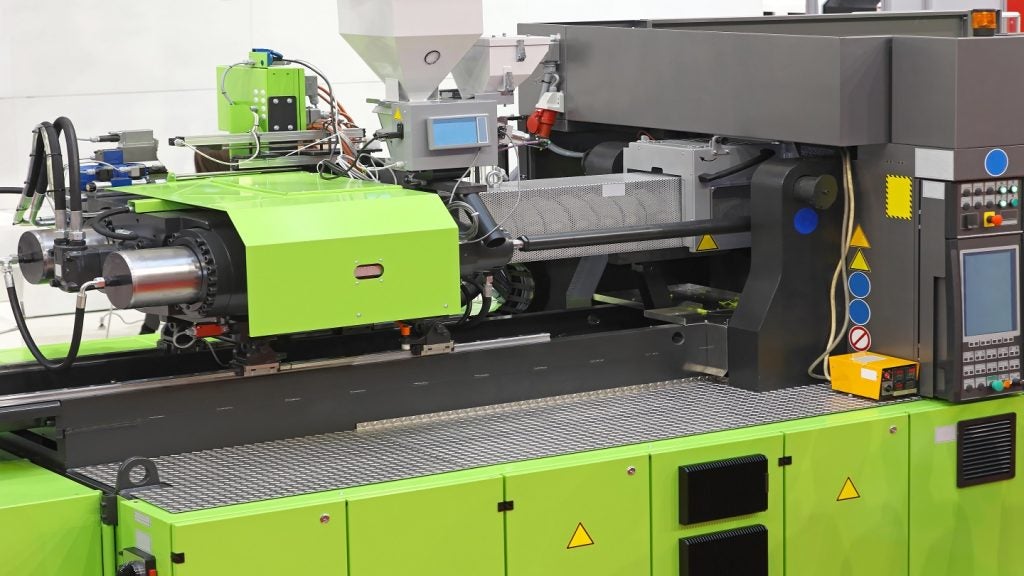US Steel is set to use Google Cloud’s generative AI technology with the aim of driving efficiencies and improving employee experiences in the largest iron ore mine in North America.
The first gen AI-driven application that US Steel will launch is called MineMind which targets equipment maintenance by providing solutions for mechanical problems.
Underpinned by Google Cloud’s AI technology like Document AI and Vertex AI, MineMind is expected to improve the maintenance team’s experience by providing information more easily and save costs from more efficient use of technicians' time and better maintained trucks.
When fully operational, MineMind will reportedly allow a US Steel technician to reduce the amount of time to complete a work order by an estimated 20%.
The initial phase of the launch will begin in September and will impact more than 60 haul trucks at US Steel’s Minnesota Ore Operations facilities, Minntac and Keetac.
US Steel president and CEO David Burritt commented: “We’ve meaningfully accelerated digitisation through our work with Google Cloud. Faster repair times and less down time are only some of the many benefits we expect with generative AI.”
Google Cloud vice president for North America Michael Clark added: “Our work with US Steel on generative AI technology has the potential to not only transform manufacturing but adjacent industries – from trends and logistics, to supply chain, sustainability, process automation, and more.”
The two companies will seek to continue to expand the relationship to solve high-impact areas across the US Steel value chain.
The cumulative revenue generation opportunities for generative AI providers such as Google Cloud is estimated to be US$65.04bn between 2022 to 2027.


